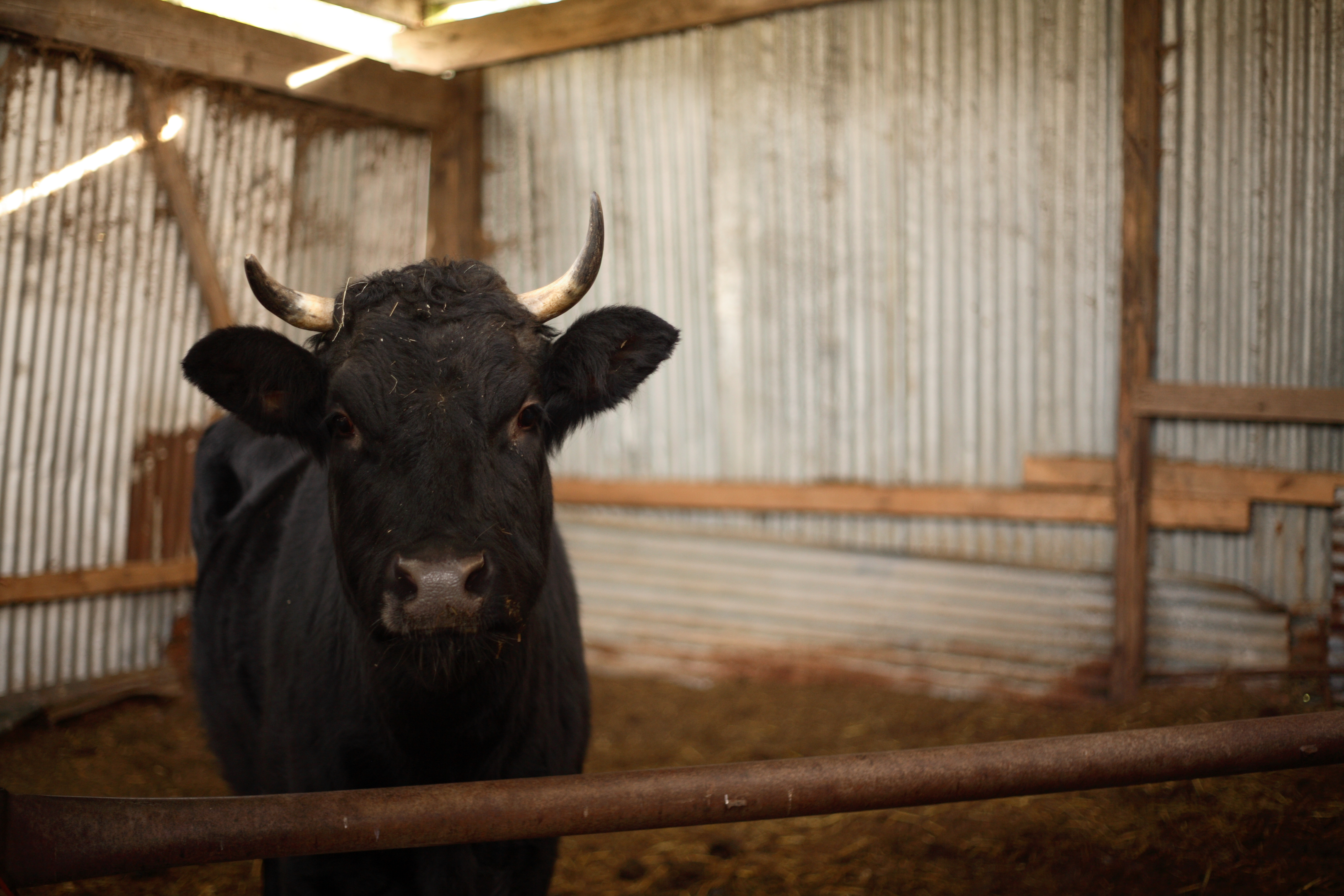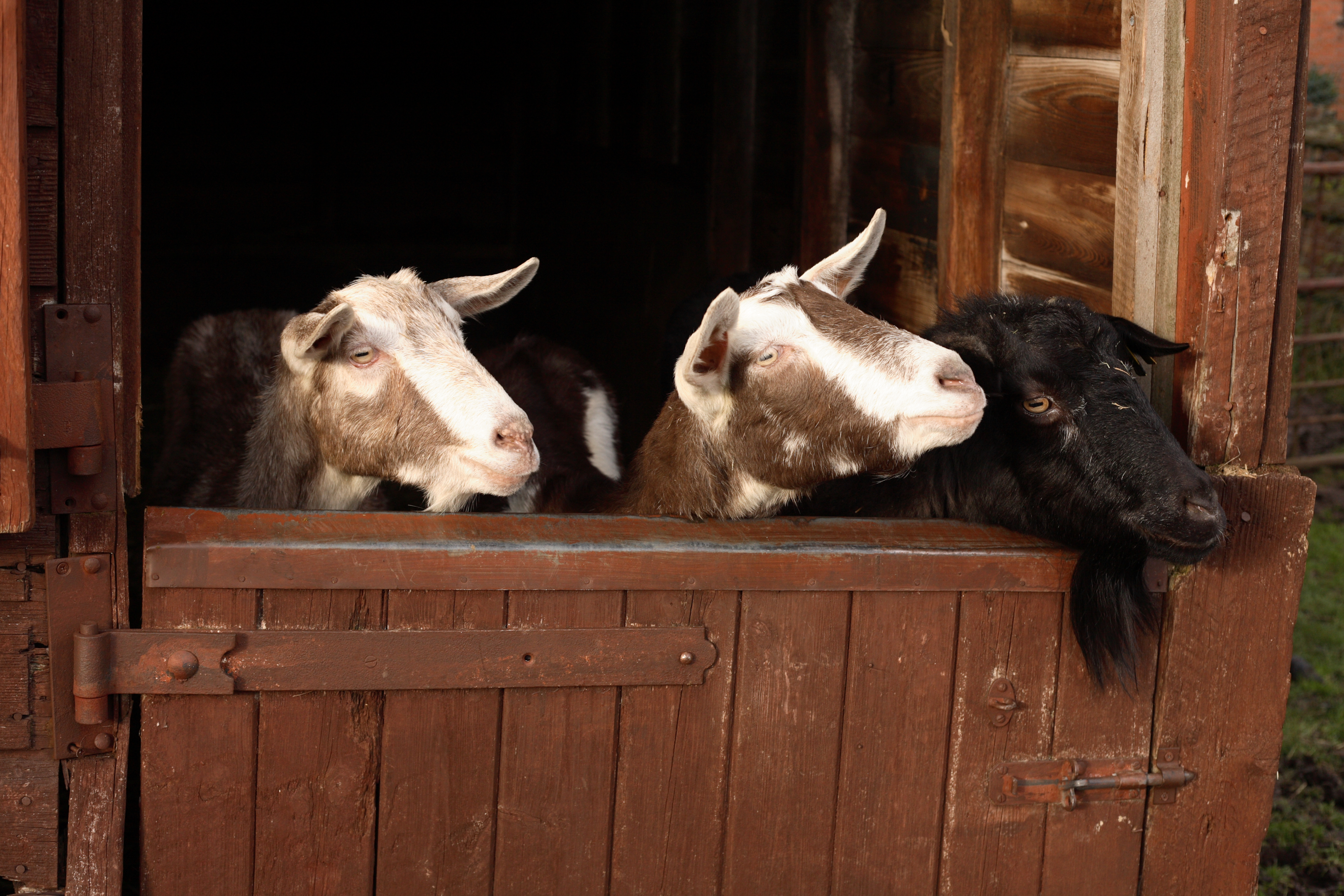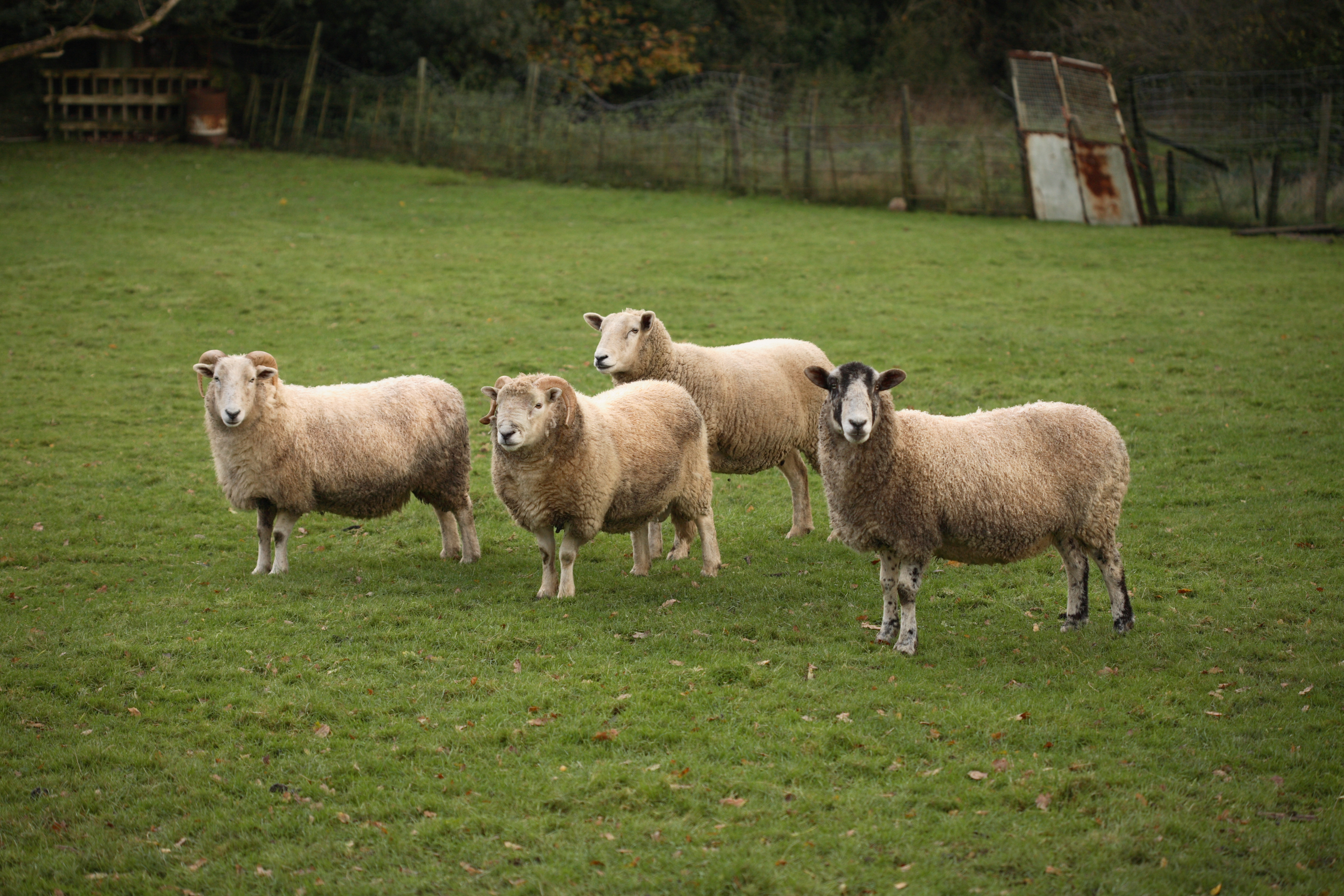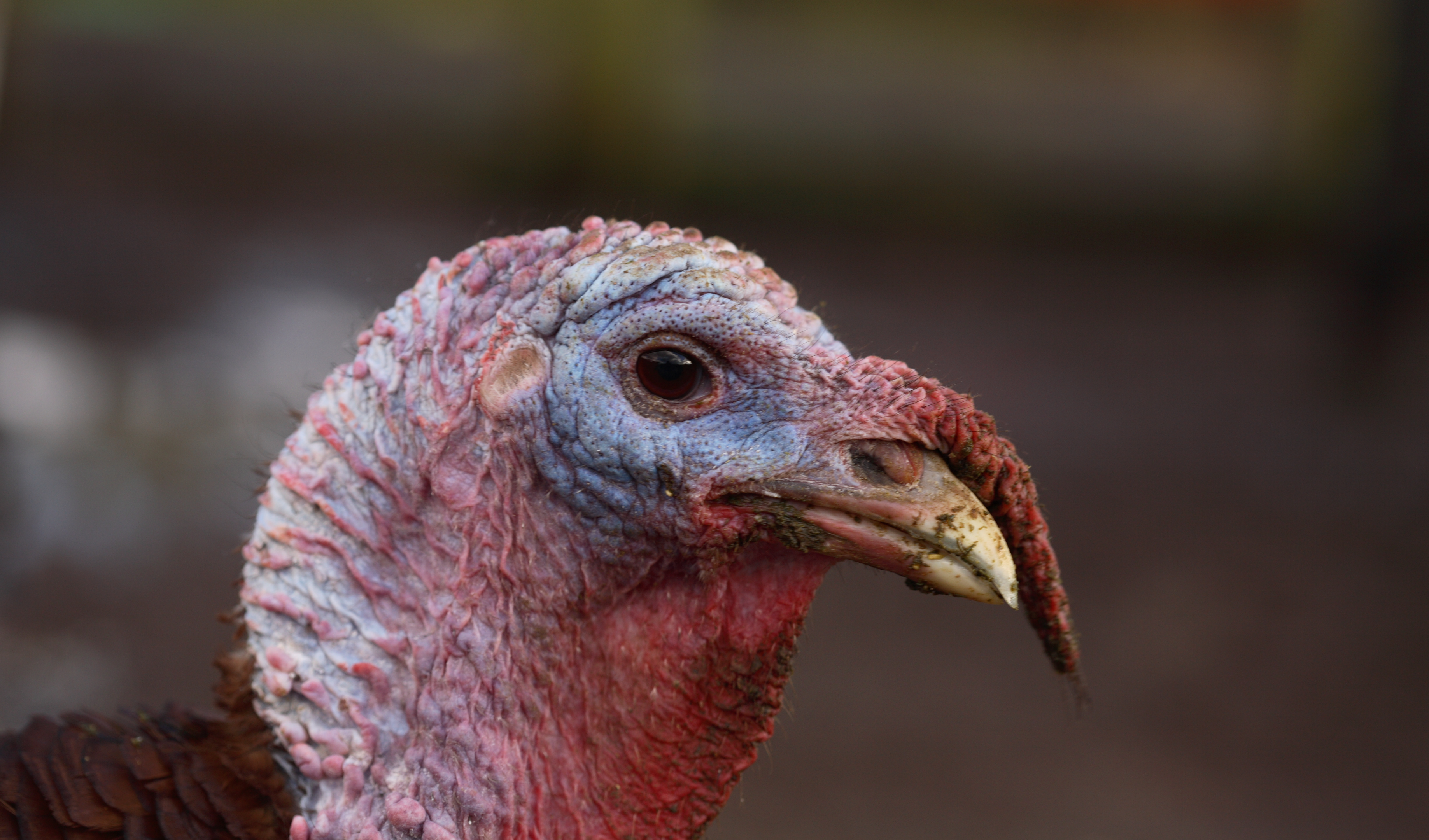We share many similarities with fellow animals – and strong maternal bonds are no exception.
Non-human animal mothers desire to care for their offspring, and a lot of work goes in before they are even here, including preparing a nest and caring for themselves before the arrival. Our nature to protect and nourish our babies when they come into this world is a feeling that many will understand – and why would this be any different to parents of other species?
This post will explore the beautiful ways that animals make great mothers – highlighting the universal aspects of motherhood.
Pigs
Like many others, mother pigs will take themselves away from the social group during pregnancy to build a nest and prepare for the birth. These loving mothers meticulously construct a sleeping nest out of straw, leaves and other materials to provide a quiet place to give birth. This nesting behaviour offers a safe and comfortable environment for the sow and her piglets and allows her to care for and protect them from harm.
When piglets suckle from their mother, she gives out rhythmic grunts, which can also be described as singing! These vocalisations strengthen their bond and also help her piglets find and nurse for milk.

Fish
Fish are also known to build nests for their young, these hard-working parents will get to work digging up food sources and going without nourishment to allow their little ones to feed. In addition to nest building, some will create hiding places or burrows to shield their hatchlings from harm during this early stage of life.
Fish also pass cultural information down to individuals and through generations – just as we learn from our parents! They are known to share the necessary survival skills of feeding grounds, migration routes, and strategies to avoid predators.
Cows
After giving birth, an exhausted mother cow will not take the opportunity to rest until after her calf has nursed. Like many of us, she will softly talk to her calf (in the form of quiet grunts), which will help them to recognise her voice. While talking, she will spend hours nursing and licking them to stimulate breathing and circulation and to encourage her calf to excrete – licking also helps them to dry off and keep warm.
Mother cow will continue to provide for and raise her calf for several months after or when they become nutritionally and socially dependent.
Although cows are known for their gentle demeanour, they are also fiercely protective mothers, using their size and strength to shield their infants from potential threats, including humans.

Goats
Goats form a rapid and exclusive bond with their baby. As soon as they are born, she gives them a good clean by licking them all over – similar to how cows care for their calves. This helps them to dry as quickly as possible and protects them from hypothermia, should they be exposed to elements.
She can tell her kids apart from others even if they are the same age and coat colour as others. Shortly after giving birth, she identifies them by scent and bleats; this helps her find them if they get lost!
Mama has a vital role in ensuring her kid can stand and keep up with the herd should they move on, so she encourages and supports her kid to move around. She will also hide her kid when the herd has settled to protect them from predators.

Sheep
Sheep make great adoptive parents. After giving birth, mama will accept a lost lamb; if she loses hers, she will happily take in a newborn.
Sheep form powerful bonds with their lambs and always stay close by, communicating with each other in various calls and cues. If they become separated, this causes them great distress until they are reunited – parents, you may also know that heart-dropping feeling all too well!

Chickens
Hens can communicate with their young before they are even hatched! If the mother hen is away for a moment and notices any signs of distress coming from her eggs, she will quickly move over to her nest, making vocal noises; they will then emit pleasure calls within the egg when mum is close by.
A study showed that chickens will learn from past experiences, and it also showed that they will teach this knowledge to their chicks to help them understand which foods are OK to eat! They were presented with coloured foods, some that were edible and some that were inedible. They found that the chickens would learn to eat the edible colour and repeatedly pick up and drop the edible foods in front of their chicks. This was accompanied by additional vocal noises and scratching. They then taught their chicks which food to eat – great job, mom.
Turkeys
Hens are fiercely protective and nurturing; while their eggs incubate, they diligently rotate them to ensure healthy development. Once the eggs hatch, the mother hen provides warmth and protection, often sheltering them under her wings.
Like the many other animals listed above, turkeys communicate with their young with vocalisations and teach them essential life skills to find food and avoid harm.

Start your vegan journey
As a vegan, I refrain from the use of animal products that are produced from the exploitation of these precious relationships between animal moms and their young.
If you're interested in going vegan, you can download VeGuide, which will take you on a 30-day pledge to help eliminate animal products – you'll also get daily quizzes which unlock exclusive discounts and delicious plant-based recipes!
Taking the 30-day pledge is a fantastic way to celebrate Mother's Day – in honour of all mothers.
By Jennifer Jones, Senior Digital Content Officer
The views expressed by our bloggers are not necessarily the views of The Vegan Society.

